Yachting scrutinised over continued sourcing of illegal teak
National publications have picked up on the superyacht industry’s lack of initiative to find sustainable decking solutions …
Over the past couple of years, the superyacht industry has come under increased scrutiny for its suspected role in the illegal teak trading industry. Teak, a valuable tropical hardwood known for its durability, is often used in the construction of luxury yachts due to its aesthetic appeal and resistance to the harsh marine environment. However, the demand for teak has led to illegal logging practices, threatening the survival of the species and devastating the communities that rely on it for their livelihoods.
The Dutch publication NRC has recently unveiled an exposé concerning the superyacht industries sourcing of illegal teak following the high-profile launch of the 127m Koru. SuperyachtNews has previously covered the issue in depth with a series of articles that can be viewed here.

The process of cutting down 100-year-old logs to create a product with a 25-year life span is of course highly unsustainable, however, the superyacht industry has been accused of being a key player in the illegal teak trading industry. According to a report by the Environmental Investigation Agency (EIA), up to 40% of teak imports from Myanmar, one of the largest exporters of wood, are used in the construction of luxury yachts. This demand has fueled the illegal logging of teak forests, particularly in Myanmar, where corruption and weak law enforcement have allowed the trade to flourish.
The impact of the illegal teak trade goes far beyond the environmental consequences. The communities that rely on the forests for their livelihoods are often left with nothing as the illegal loggers move in and destroy the land. In addition, the trade is often linked to human rights abuses, including forced labour and the exploitation of indigenous communities.
Despite the risks associated with the illegal teak trade, the superyacht industry has been slow to take action. While some companies have implemented policies to ensure that their teak is sourced from legal and sustainable sources, many others continue to turn a blind eye to the issue.
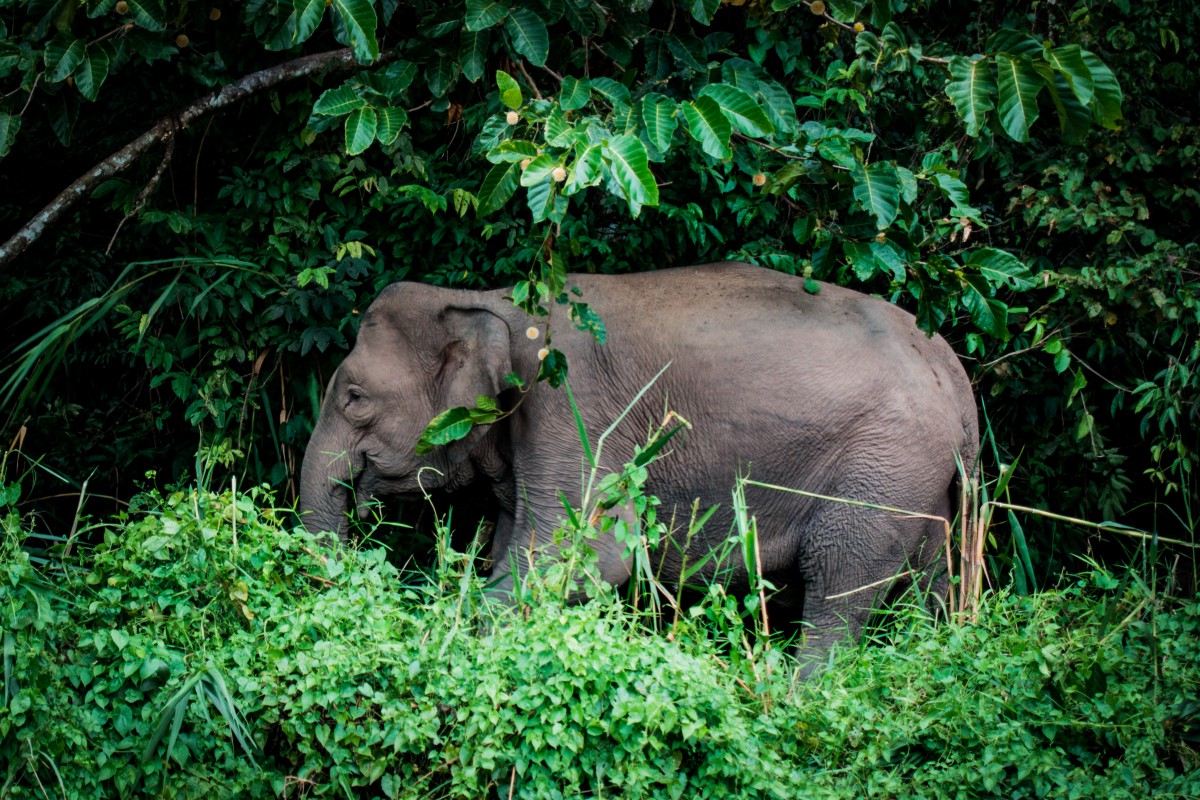
In recent years it had seemed that the democratically elected government of Myanmar was starting to get a grasp on the issues of overlogging its teak forests with various systems having been put in place to try and curb the impact, slow the deforestation and begin restoring the damage. However, On 1 February 2022, the armed forces launched a military coup when elected members of the country’s ruling party, the National League for Democracy, were deposed by the Tatmadaw, Myanmar’s military, which then vested power in a stratocracy (governed by military forces).
One of the main challenges in addressing the illegal teak trade is the complexity of the supply chain. Teak is often sourced from multiple countries and suppliers, making it difficult to trace its origin. In addition, the lack of transparency in the industry means that it can be difficult for consumers to know whether the teak used in their yacht is legal or not.
However, there are steps that can be taken to address the issue. One approach is to increase transparency in the supply chain by requiring companies to disclose the origin of their teak and the steps taken to ensure its legality and sustainability. This can be done through certification schemes such as the Forest Stewardship Council (FSC), which provides a framework for responsible forest management and ensures that timber is legally and sustainably sourced.
Another approach is to increase the enforcement of existing laws and regulations. The European Union Timber Regulation (EUTR), for example, prohibits the placing of illegal timber on the market and requires companies to carry out due diligence to ensure the legality of their timber. However, enforcement of the EUTR has been weak, and many companies continue to flout the law with little consequence.
The role of the clients is also important in addressing the illegal teak trade. By demanding that their yachts are constructed from legally and sustainably sourced teak, consumers can create a market for responsible practices and encourage companies to take action.
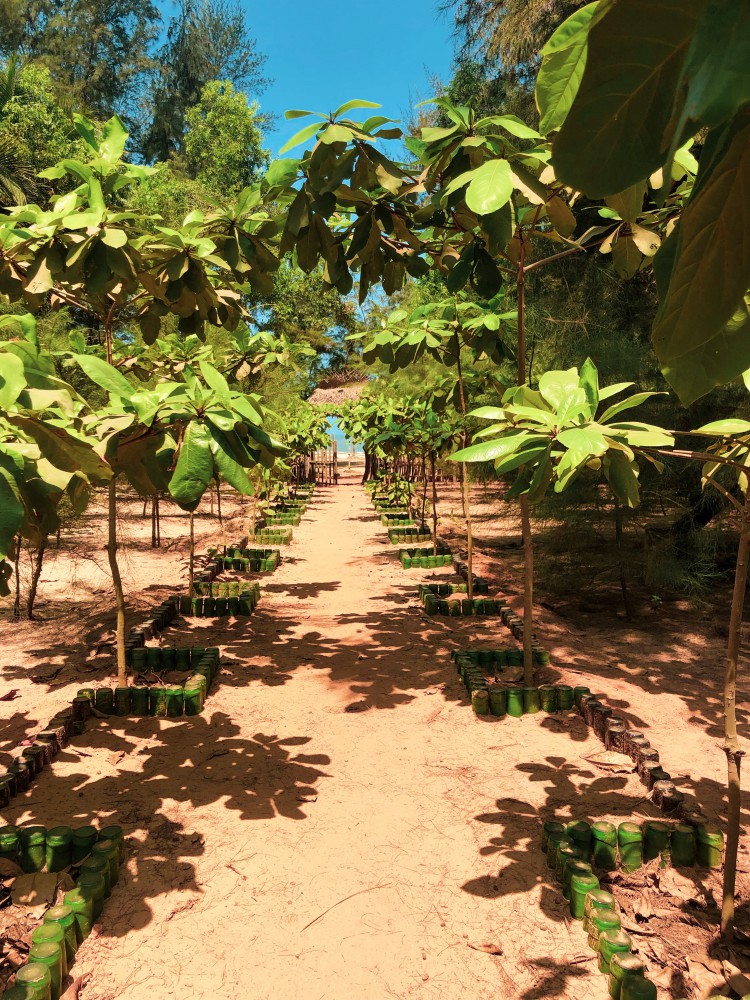
In recent years, there have been some positive developments in the industry. In 2017, a group of leading superyacht builders and designers, including Feadship, Heesen Yachts, and Oceanco, signed the Statement of Commitment to the Global Superyacht Industry Sustainability Charter, which includes a commitment to sourcing sustainable teak. However, the impact of these initiatives remains to be seen, and many in the industry continue to resist change.
Another issue with the illegal teak trade is the use of fraudulent documentation to circumvent regulations. In many cases, illegal teak is laundered through the use of falsified documents that claim the timber was legally harvested from sustainable sources. This makes it difficult for companies to verify the legality of their teak and contributes to the perpetuation of illegal logging practices.
According to the EIA, the superyacht industry has the power to influence change in the sector by demanding that their teak is sourced legally and sustainably. The use of illegal timber not only contributes to environmental degradation and social injustice but also exposes companies to legal and reputational risks.
In addition to sourcing sustainable teak, the superyacht industry can also take steps to reduce its overall use of wood. Alternative materials, such as composite decking and synthetic teak, are becoming increasingly popular and offer a more sustainable option for yacht construction. By diversifying the materials used in yacht construction, the industry can reduce its reliance on teak and contribute to a more sustainable future.
A recent EIA report calls for increased transparency in the industry, including the publication of supplier lists and the disclosure of teak volumes and sources. The report also calls for increased enforcement of laws and regulations and the establishment of a certification scheme specifically for teak.
Ultimately, the superyacht industry has a responsibility to ensure that its practices are sustainable and ethical. By addressing the issue of illegal teak trading, the industry can contribute to a more responsible and sustainable future. As consumers become increasingly conscious of the environmental and social impact of their purchases, the superyacht industry must take action to meet these demands and ensure that it is not contributing to the destruction of the world's forests.
NEW: Sign up for SuperyachtNewsweek!
Get the latest weekly news, in-depth reports, intelligence, and strategic insights, delivered directly from The Superyacht Group's editors and market analysts.
Stay at the forefront of the superyacht industry with SuperyachtNewsweek
Click here to become part of The Superyacht Group community, and join us in our mission to make this industry accessible to all, and prosperous for the long-term. We are offering access to the superyacht industry’s most comprehensive and longstanding archive of business-critical information, as well as a comprehensive, real-time superyacht fleet database, for just £10 per month, because we are One Industry with One Mission. Sign up here.
Related news

Teakdecking Systems announce latest recruits
Teakdecking Systems (TDS) appoints new Director of Sales & Business Development and Director of Marketing.
Business
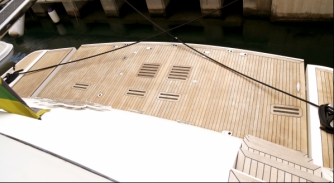
Teak alternatives: Marine maple
As part of an ongoing project, we explore the potential of marine maple as an alternative to teak
Technology
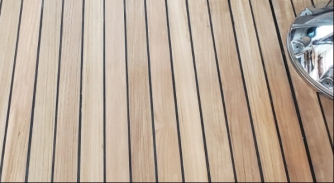
The teak problem
We explore the history of teak to kickstart a series of articles on alternative materials and solutions
Business
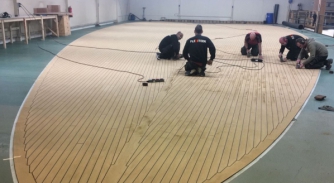
Flexiteek International strengthens its market position
Flexiteek's newly acquired company based in Netherlands will be known as ‘Flexiteek Superyacht’
Business
Related news
Teakdecking Systems announce latest recruits
3 years ago
Teak alternatives: Marine maple
4 years ago
The teak problem
4 years ago
NEW: Sign up for
SuperyachtNewsweek!
Get the latest weekly news, in-depth reports, intelligence, and strategic insights, delivered directly from The Superyacht Group's editors and market analysts.
Stay at the forefront of the superyacht industry with SuperyachtNewsweek



